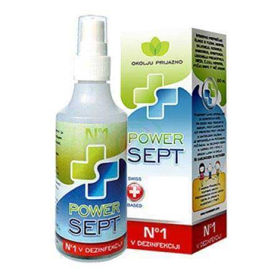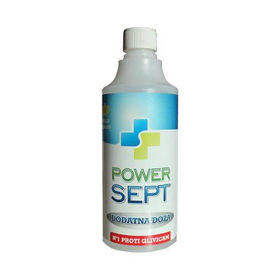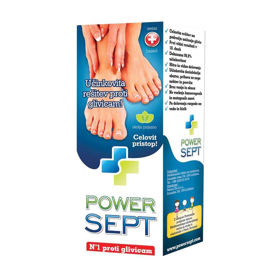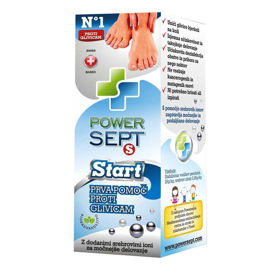Customer question:
Is hydrogen peroxide also available at the pharmacy? Anonymous customer's question
Pharmacist's answer:
Yes, hydrogen peroxide is usually available in pharmacies. It usually comes in a diluted form, about 3% concentrated hydrogen peroxide and 97% water. More substantial concentrations are also available, but the most common for household use is a 3% solution.
Always read the label and use hydrogen peroxide as directed. When used on wounds, it can help clean the wound area, but too frequent and prolonged use can damage healthy tissue. If consumed in large quantities, it can be just as harmful and even fatal.
What concentration of hydrogen peroxide is used to clean wounds?
The most commonly used concentration of hydrogen peroxide for cleaning wounds is 3%. This diluted solution can help clean and disinfect minor cuts, burns, and abrasions by breaking down and removing dead tissue and organic material.
Can hydrogen peroxide be dangerous for open wounds?
Yes, hydrogen peroxide can be problematic for open wounds, mainly if used too frequently and for more extended periods. Even in dilute concentrations, such as a 3% solution, hydrogen peroxide can be cytotoxic. It can damage living cells, including fibroblasts and keratinocytes, essential in wound healing. If these cells are damaged, wound healing can be delayed.
Hydrogen peroxide can damage granulation tissue, the new tissue that forms during the healing process. Granulation tissue is critical to wound healing as it fills and covers the wound. There may be an increased risk of scarring due to possible delayed wound healing and damage to healing tissues. Hydrogen peroxide can cause a stinging or burning sensation when applied to an open wound.
Despite these potential risks, bubbling hydrogen peroxide can be helpful in initial wound cleaning by helping to remove dead tissue and debris. In general, however, it is recommended that its use be limited to initial cleaning and not used too often on the same wound. If the wound is deep, does not stop bleeding, or shows signs of infection, you must seek medical attention.
What can be used instead of hydrogen peroxide to clean the wound?
There are several alternatives to hydrogen peroxide for cleaning wounds:
- saline solution
- soap and water
- silver sulfadiazine
- solutions based on iodine
- alcohol
- prescription antibiotic ointments
- honey
When choosing an alternative to hydrogen peroxide, it is essential to consider the size, depth, and location of the wound, as well as any allergies or sensitivities you may have. Always consult a doctor or pharmacist about the best wound care.
Does hydrogen peroxide heal wounds?
Hydrogen peroxide does not directly promote wound healing. Instead, its primary function, when applied to wounds, is as a disinfectant to clean and reduce the bacterial load in and around the wound, which can help prevent infection. The bubbling of hydrogen peroxide (caused by the release of oxygen) can help remove debris and dead tissue from the wound.













